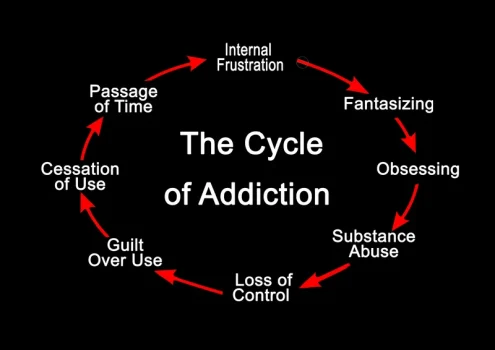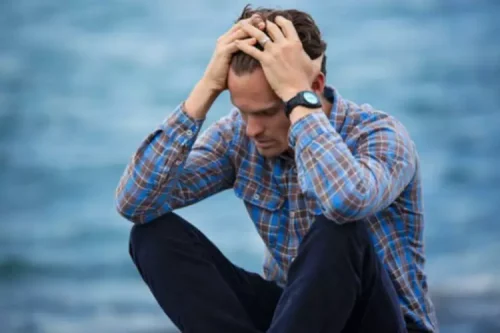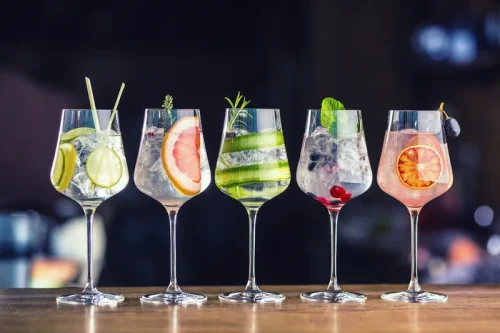
When the body and mind haven’t had the opportunity to rest, a person may feel on edge and irritable. If a person is also taking antidepressants, which is not uncommon for people with anxiety, the combination of the two worsens the condition and can trigger a severe panic attack. While medication isn’t a part of everyone’s journey, it can be incredibly helpful for some.
Who Is at Risk of Having Panic Attacks When Quitting Alcohol?
Fortunately, the cycle of using alcohol to cope with anxiety can be broken. Cutting back on drinking can help reduce alcohol-induced anxiety, and give you the space and clarity to address a pre-existing anxiety disorder with healthier coping strategies. The self-medication explanation for the comorbidity of anxiety and AUDs has received the most attention in the clinical and research literature.
- Here, I’ll explore why alcohol can cause feelings of panic, and what you can do to reduce your risk of this happening.
- Once comorbidity between anxiety disorders and AUDs has been established, the two disorders may influence and maintain each other in ways that are independent of the developmental pathway.
- However, if you find yourself frequently experiencing anxiety and regret after drinking, particularly after heavy drinking, it may be a sign of a more serious problem.
- When the body feels physical stress it also tends to feel mental stress because the physical symptoms are interpreted by the brain as stress and worry.
- Drinking can also cause hangovers, which usually consist of symptoms like nausea, dizziness and headaches.
- These may make a person feel uneasy, dizzy, and irritable, and may lead to a panic attack.
Application of Treatment Methods
But once you start drinking, you can build a tolerance to the de-stressing effects of alcohol. The more you drink the greater your tolerance for alcohol – meaning you need to drink more alcohol to get the same feeling. If you rely on alcohol to mask anxiety, you may find you become reliant on it to relax – putting you at risk of alcohol dependence. https://ecosoberhouse.com/article/alcohol-and-anxiety-can-drinking-cause-panic-attacks/ Additionally, panic attacks can be triggered because of the effect alcohol has on GABA, another brain chemical that normally has a relaxing effect. Alcohol is a drug like any other, and anything that affects your body like alcohol does has the potential to contribute a great deal to your panic attacks and anxiety more generally.
What is the Role of a Psychiatrist in Addiction Treatment?

Medications that target a brain signaling system which uses the neurotransmitter serotonin and its receptors perhaps are the safest and most widely used agents to treat anxiety disorders. These agents include the SSRIs, SNRIs, and the serotonin partial agonist buspirone. For example, a direct examination of the efficacy of paroxetine in this population showed that it reduced social anxiety relative to placebo (Book et al. 2008), providing an empirical foundation for its use in these patients.
Traditional ways of treating anxiety

The assumption led to the conclusion that drinking alcohol wouldn’t make me gain weight. A good way to help yourself or a loved one who may be struggling with panic attacks or panic disorder is to seek information. Research the warning signs, learn about treatment options, and keep up to date with current research. The Well is Northwell Health’s commitment to the future of health care. In this time can drinking alcohol cause panic attacks of information overabundance, much of which is inaccurate, unhelpful, or even difficult to understand, Northwell Health is on a mission to make a difference as an honest, trusted, and caring partner. The site connects with consumers to provide them with personalized content that reduces their stress, makes them laugh, and ultimately feel more confident and capable on their healthcare journey.
Anxiety Day After Drinking
Talking to someone at our 24-hour recovery hotline at Alcohol Awareness can help you identify ways to ease your mental health symptoms as you adjust to life in recovery. Alcohol is a common form of self-medication for social anxiety, generalised anxiety disorder, and panic disorder. In fact, about 25% of people with panic disorder have a history of alcohol dependence.
Alcohol and Anxiety
When To Contact a Healthcare Provider
- In addition, the parallel approach may convey an implicit (and erroneous) suggestion that the two disorders are separate, and the approach generally may be inefficient.
- There are many effective treatments for anxiety and alcohol use disorders, including ongoing individual therapy, group therapy, prescribed medications, or a combination of these methods.
- After discussing your history, a health care provider may conduct a physical exam to ensure that an unrelated physical problem is not causing your symptoms.
- The latest information and resources on mental disorders shared on X, Facebook, YouTube, LinkedIn, and Instagram.
- Suddenly decreasing or stopping your alcohol intake can cause your body to go into withdrawal, potentially leading to a number of dangerous symptoms including hallucinations, dehydration and seizures.
